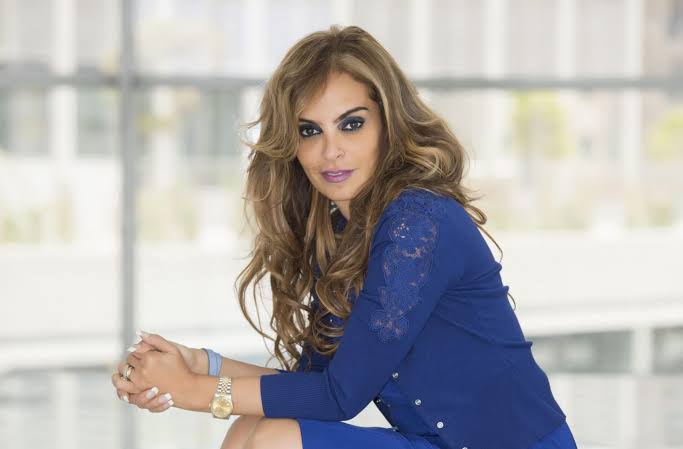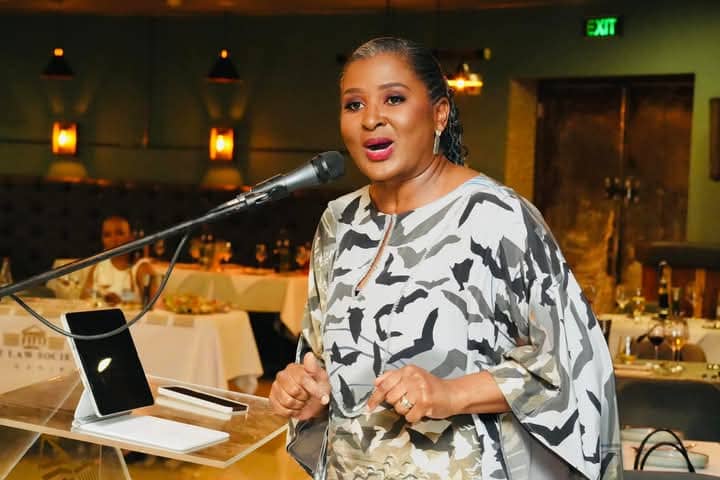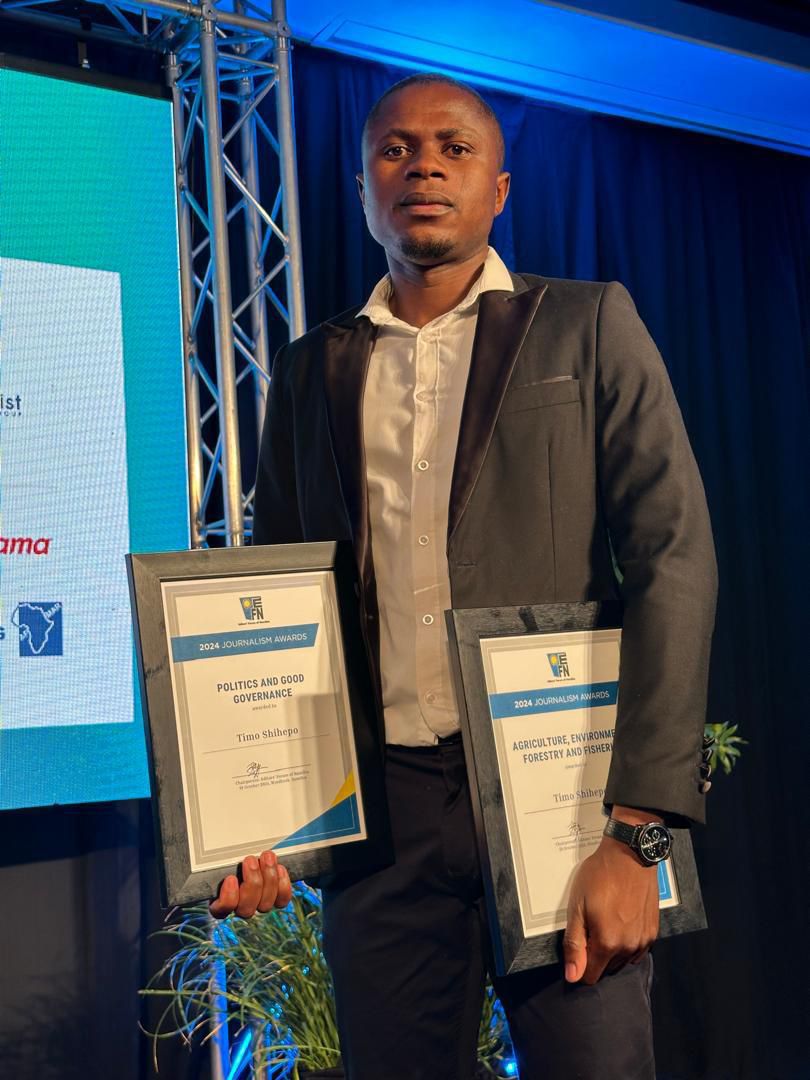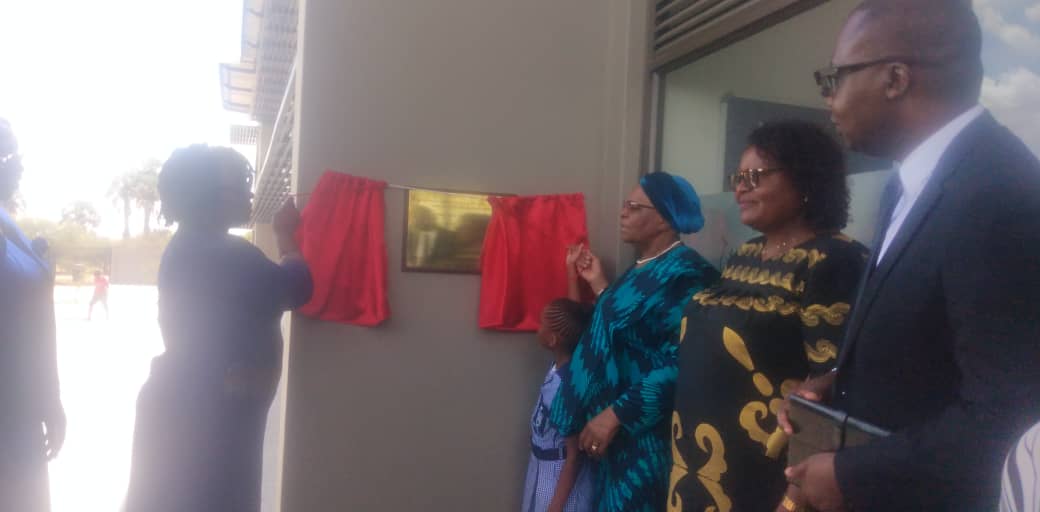DAKAR – Government and UN officials in Ghana were forced to defend a school sex education programme on Tuesday after religious groups said it was part of a “satanic” attempt to promote LGBT+ values.
The National Coalition for Proper Human Sexual Rights and Family Values, said on radio and Facebook that six was too young to start learning about sex and criticised the title of a module that attempts to differentiate between “male and female”.
But officials said the Comprehensive Sexuality Education (CSE) programme, which was devised by the United Nations and Ghana’s government, had no explicit LGBT+ content.
Ghana’s education minister gave a press conference on Tuesday urging critics to check the facts and assured them that the curriculum – which has not yet been implemented – would not compromise national values.
UN officials went on television to try to calm the uproar.
“They think it’s all based on foreign influence. That’s the issue,” said Niyi Ojuolape, country representative for the UN Population Fund in Ghana, emphasising that the curriculum was designed by Ghanaians with the local context in mind.
“The curriculum does not include LGBT+ issues explicitly, but of course LGBT issues are human rights, so we talk about the rights of the individual to determine what they want to do,” he told the Thomson Reuters Foundation.
CSE teaches sexual and reproductive health with an emphasis on “values such as respect, inclusion, non-discrimination, (and) equality,” according to the UN Educational, Scientific and Cultural Organisation (Unesco).
Christian groups in the West African country have said it is part of an “active strategy” to spread LGBT+ acceptance in Africa.
“I call it comprehensive satanic engagement,” said Paul Yaw Frimpong-Manso, president of the Ghana Pentecostal and Charismatic Council, on local radio station Joy FM. Same-sex relations are banned under a colonial-era law in Ghana, and homophobia is common, although prosecutions are rare, according to Human Rights Watch.
Representatives of LGBT+ rights groups in Ghana said they were saddened by the backlash, but that most of the content of the proposed curriculum was already taught in schools.
“I think most people are arguing from an ignorant point of view,” said Shone Edem, spokesman for Ghana’s Alliance for Equality and Diversity.
The education minister said in a statement that the new curriculum has not yet been approved for use. Unesco did not immediately respond to a request for comment.
Ojuolape said it would take time for the programme to be approved and teachers trained, but he expected it to move forward after a debate.
“At the end of the day, Ghana cannot be left behind from the rest of the world,” he said.
– Thomson Reuters Foundation
Stay informed with The Namibian – your source for credible journalism. Get in-depth reporting and opinions for
only N$85 a month. Invest in journalism, invest in democracy –
Subscribe Now!






